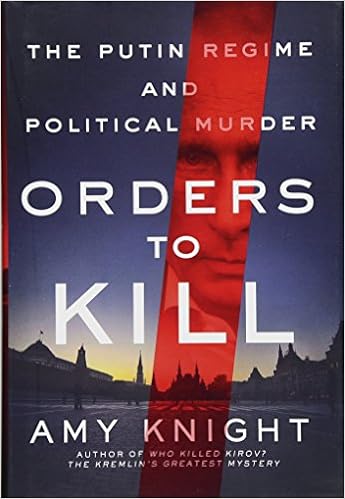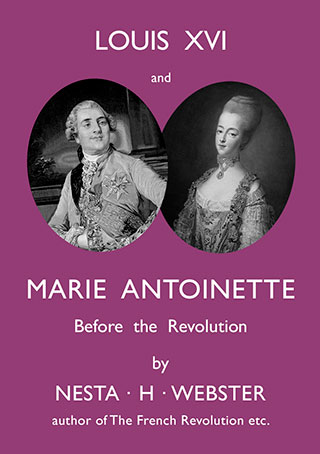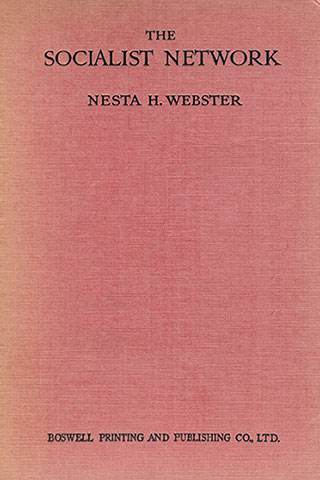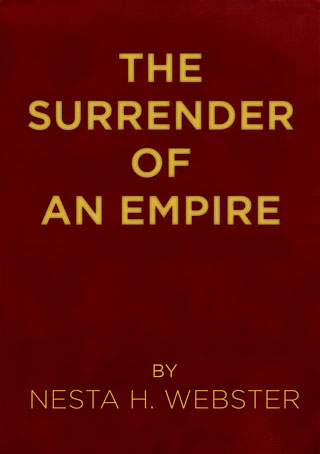Ferguson: State Employee Shoots and Kills Young Man
November 27, 2014
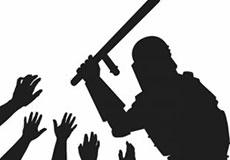 The ongoing events in Ferguson, MO, illustrate Thomas Pynchon’s point that “If they can get you asking the wrong questions, they don’t have to worry about answers.” Like the Rodney King, and Trayvon Martin cases, the killing of Michael Brown by a white Ferguson policeman provided the state and its sycophantic media an opportunity to reinforce the popular mindset that social disorder derives from the inherently divisive nature of human behavior; that violent conflict is inevitable among people; and that only the authority of the state can protect us from a “nasty, brutish, and short” fate.
The ongoing events in Ferguson, MO, illustrate Thomas Pynchon’s point that “If they can get you asking the wrong questions, they don’t have to worry about answers.” Like the Rodney King, and Trayvon Martin cases, the killing of Michael Brown by a white Ferguson policeman provided the state and its sycophantic media an opportunity to reinforce the popular mindset that social disorder derives from the inherently divisive nature of human behavior; that violent conflict is inevitable among people; and that only the authority of the state can protect us from a “nasty, brutish, and short” fate.
From a statist perspective, Brown’s killing confirms that categories of people grounded in race, religion, gender, lifestyle, economic interests, and numerous other abstract divisions, define humanity, and make social conflict an inescapable outcome of human nature. “White man kills black man” is a sufficient statement of fact to reinforce racial explanations of violence. When a white man kills another white, or a black man kills another black, the stories will be reported — if, indeed, at all — on page 12 of your local newspaper. Neither CNN, Fox News, the NYT, WSJ, nor other loyal tribunes of the established order will devote coverage to what is an equally devastating tragedy as that experienced by Michael Brown’s family. White police officers do kill or torture white people without much attention devoted to the fact. If you doubt this, read some of Will Grigg’s thoroughly documented — often with video of the attacks — reports.
Every political system thrives on the legal use of violence. Each requires our separation into exclusive groupings who can then be manipulated into warfare with one another, thus allowing the state to coercively intervene to reconfirm its violence-based powers over us all. If you doubt this, recall as much detail as you can from last night’s events in Ferguson. Can you identify a single response from the state that did not involve violence or the threat of violence? That local thugs — caught up in the statist mindset of racially-defined conflict — were, themselves, being most destructive, was a consequence of state violence (i.e., white policeman kills black man). Such rioting was but another example of the “blowback” that arises from so-called “terrorists” reacting to the violence that inheres in American foreign policy practices.
As long as we succumb to our statist conditioning by which we define one another as “enemies” against whom the state promises to “protect” us, we shall continue to help generate the kinds of tragedies that occurred in Ferguson. If we can learn to see our problems not in terms of “white man kills black man,” but as the consequences of our embracing institutionalized violence, we may find a solution to what our thinking has created.
What if we began to see violence — a power for which the state insists upon having a legal monopoly — as the real threat to human well-being? What if events in Ferguson had begun with a report that “state employee shoots and kills young man”?
Digital discoveries
- Migliori Casino Online
- Casino Non AAMS
- Siti Casino
- Sites De Paris Sportifs Belgique
- Tous Les Sites De Paris Sportifs Belgique
- Meilleur Casino En Ligne Belgique
- Casino En Ligne Belgique Bonus
- I Migliori Casino Online
- Non Aams Casino
- Scommesse Italia App
- Migliori Casino Online Esteri
- Paris Sportif Crypto Sans Kyc
- Site De Paris Sportif
- Sweet Bonanza Avis
- Paris Sportif Ufc
- オンラインカジノ 出金早い
- Casino Live En Ligne Français
- Site De Paris Sportifs
- Meilleurs Nouveaux Casinos En Ligne
- Casino En Ligne Français
- Casino En Ligne
- Casino Retrait Instantané
- Casino En Ligne Fiable
- Meilleur Casino En Ligne 2026
- Casino En Ligne Retrait Immédiat
- Casino Français En Ligne
- Casino Italia Non Aams
- Casino Con Free Spin Senza Deposito
- Siti Di Scommesse Non Aams
- Migliore Casino Non Aams
- Casino Online Non Aams 2026
- 토토사이트 모음
- Top 10 Trang Cá độ Bóng đá
- Casino En Ligne
- Casino En Ligne France
- Casino En Ligne Argent Réel
- Casino En Ligne Retrait Immédiat 2026
- Nouveau Casino En Ligne 2026
- Casino Online Stranieri
